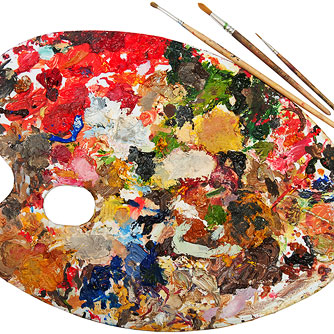Stroke is the third leading cause of death in the Western world and the primary cause of disability in adults. In that a ever increasing number of older people are having strokes or recovering from a stroke, researchers are now focused on ways to improve quality of life as well as post-stroke recovery outcome. Ercole Vellone, from the University Tor Vergata (Italy), and colleagues studied 192 stroke survivors, average age 70 years. Each subject was interviewed as to their likes and dislikes in art (music, painting, theatre), and quality of life was compared for patients interested in art and those not interested in art. The team found that stroke patients interested in art enjoyed better general health, found it easier to walk, and had more energy. They were also happier, less anxious or depressed, and felt calmer. Additionally, they demonstrated better memory and excelled at communicating with others. In that other researchers have shown that listening to a favorite musical piece stimulates dopamine in the brain, that stimulates pleasurable emotions, the study authors posit that a dopaminergic response may be a responsible for the ability for art appreciation to promote quality of life and recovery outcome, among stroke patients.




